What do Glennville, Georgia, and Youngstown, Ohio, have in common? The small town in the Deep South and the mid-sized Midwestern city both have lost their sole local newspapers in recent years.
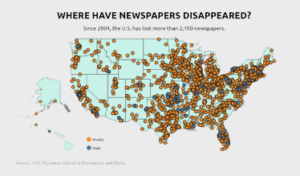
What do Glennville, Georgia, and Youngstown, Ohio, have in common? The small town in the Deep South and the mid-sized Midwestern city both have lost their sole local newspapers in recent years.

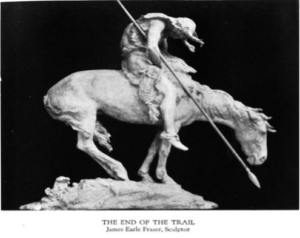
Intellectual legacies of colonization play a powerful role in shaping how mainstream U.S. and global society has come to see Native Americans. Artwork from the 19th and 20th centuries – such as James Earle Fraser’s sculpture, “The End of the Trail” – have helped to create the image of Native Americans on horseback as representations most associated with Indigenous populations of North America. Type “Native American” into a search engine, and you’ll likely get many historical images of Great Plains Indians. In parts of Europe as well, the perception of Native Americans has been shaped in unique ways by authors like Karl May and the later movies based on his books. Without a doubt, our students’ perceptions about Native Americans are influenced by these fantasies and representations.
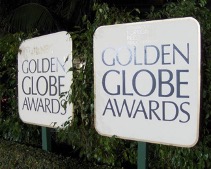
Imagine winning something as prestigious as a Golden Globe. That alone would be a mind-blowing accomplishment, right? Now imagine snatching a second, maybe even more noteworthy trophy. “Put your glass slippers away, Transerella. It ain’t never gonna happen!” would snark a Billy-Porter-portrayed Pray Tell on Pose. Except this time, it really did happen. By taking home the award for Best Actress in a TV Drama for her role of Blanca Evangelista in FX hit series Pose (2018–2021), Michaela Jaé “MJ” Rodriguez became the first openly transgender actress to ever win a Golden Globe.
For the New Jersey-based actress, who turned 31 just three days before her ground-breaking achievement, that’s really the icing on the cake. But what makes this so special?
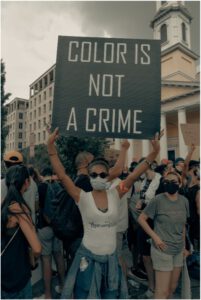
It’s that time of year again. February 1 marks the beginning of Black History Month. Before I suggest some useful resources, let’s briefly look at its origins.
Fact 1: The United States is not the only country to officially celebrate it. In addition to our neighbors to the North, who also celebrate this time of remembrance in February, the Irish and the United Kingdom observe Black History Month in October.
Fact 2: The roots of Black History Month in the U.S. can be traced back to historian Carter G. Woodson and the Association for the Study of Negro Life and History, who together marked the second week of February – which coincides with Abraham Lincoln’s birthday – as Negro history week in 1926.
Fact 3: Even the Great Emancipator had his failures, and so it’s undoubtedly best that in 1969 students at Kent State moved to celebrate the contributions and culture of Black Americans for an entire month, instead of placing President Lincoln, who upheld the mass public hanging of 38 Dakota Sioux on December 26, 1862, in the center of their celebrations.
So, if your school has never celebrated Black History Month before, it’s never too late to get on that ‘soul train’. And since we didn’t want to leave you in the lurch, we’ve provided a list of some suitable blogs we’ve published over the years on subjects, ranging from cultural icons, such as Aretha Franklin, Don Cornelius, and Beyoncé, to best books and fabulous films dealing with Black identity and history. You’ll also find information on some current controversies:
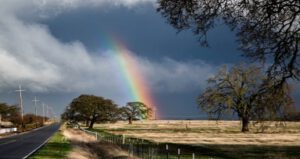
Confession time: I like country music. And no, I’m not being facetious. And no, not just the alternative kind. Gimme a steel guitar, a banjo, and a slow southern drawl, and I’m jammin’. When I put on the New Boots playlist, however, I do get looks ranging from disbelief to slightly annoyed to amused. Not that the reaction surprises me. As is the nature of stereotypes, there is some truth to them, but they also don’t cover all of the vast cornfield called country music. And honestly, you don’t have to strain your ears (pun intended) to pick up on all there is to hear.
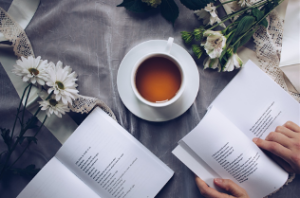
Anyone can write free verse – or so the saying goes. Free verse poems are free from limitations of meter, rhythm, or rhyme – all aspects that sometimes cause grief to creative writing students. Most of my students are happy if, for once, they are free to follow their own ideas without having to pay attention to what many perceive as the artificiality of traditional rhymed and metered poetry. However, even free verse poems are not void of artistic expression.